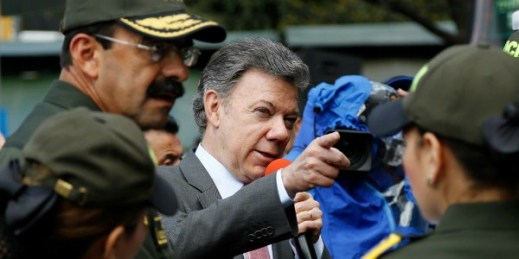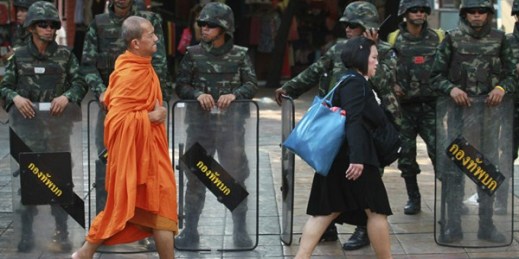
Whether by burning a Jordanian fighter pilot alive, massacring Shiites or beheading American hostages, the self-declared Islamic State (IS) has an unprecedented knack for making enemies. IS has also inadvertently achieved what the United States never accomplished during more than a decade in Iraq: the mobilization of a willing coalition of Arab countries to fight jihadi extremists. Still, in the first year of its so-called caliphate, IS’ aggressive expansion appears to have passed its zenith. Both on the internet and on the ground, there are many indicators that the group’s decline has already begun. But IS will likely endure for […]


